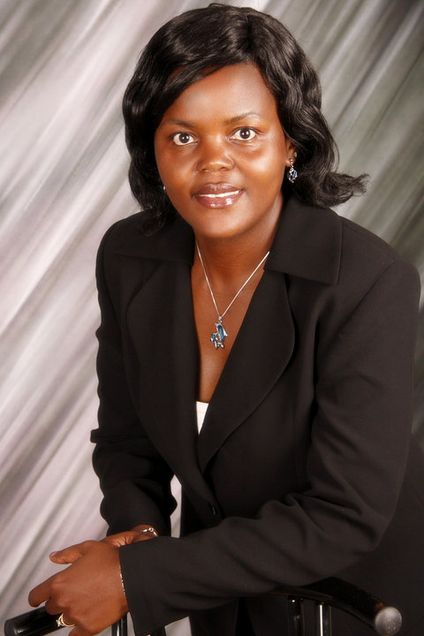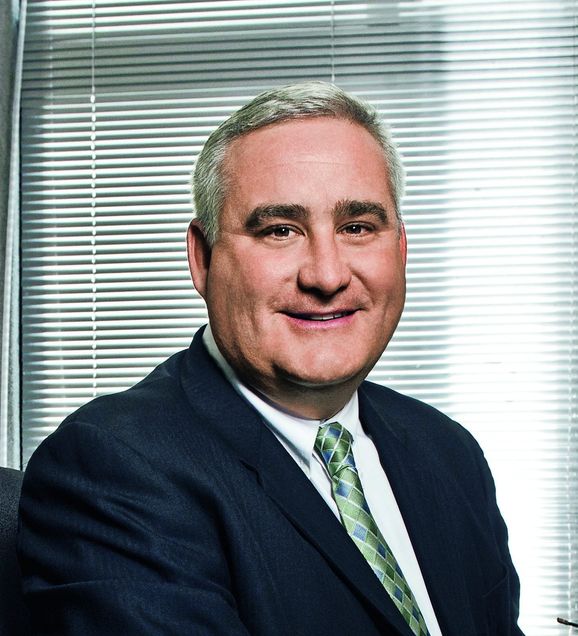Who Will Save the Africa Parliamentary Knowledge Network? by Elizabeth Bakibinga-Gaswaga
The bright promise that was the Africa Parliamentary Knowledge Network (APKN) is seemingly fading away. This important project, where African parliamentarians and their staff committed to help each other build capacity and share information was making a real difference in the governance of Africa. Sadly, when the United Nation’s Department of Economic and Social Advancement (UN/DESA), using funds provided by the government of Italy, stopped supporting the APKN financially a few years ago, the Network not only lost momentum, but seemingly stopped altogether. Just because the Network has been quiet, and perhaps has frayed from lack of use (the Network’s website, APKN.org, is now a Japanese fashion page) does not mean that it is lost. The talented and dedicated people from the various parliaments who made the APKN so promising should take the lead and chart a new course for the Network. This will take participation from across the Continent and should be driven by African voices. This effort will also take money. It is unlikely the UN will be a source– but perhaps between the APKN members and the partners who have already shown a willingness to support the Network, we can find a new vision and the money to make that vision a reality. For instance, the Commonwealth Parliamentary Association is a potential partner. This conversation could start at the Commonwealth Association of Legislative Counsel (CALC) conference that will take place in Livingstone, Zambia April 1-3, 2019.
 The APKN was established in June 2008 by the international conference “Africa Parliamentary Knowledge Network – Building Together Open and Learning Parliaments in Africa” in Cairo, Egypt. The APKN operated under the authority of the Speakers and Presidents of APKN member assemblies–30 assemblies in all. Representatives of the APKN assemblies met in plenary every two years to approve the reports of activities, the Executive Committee’s strategic action plan, and to set new priorities and goals for the next two years. The Network was “hosted” by a variety of Parliaments who took the lead in putting together conferences and led the Executive Committee. The first host was Egypt, before the turmoil and revolution in that country. The next host was South Africa, and finally the Pan-African Parliament took the lead.
The APKN was established in June 2008 by the international conference “Africa Parliamentary Knowledge Network – Building Together Open and Learning Parliaments in Africa” in Cairo, Egypt. The APKN operated under the authority of the Speakers and Presidents of APKN member assemblies–30 assemblies in all. Representatives of the APKN assemblies met in plenary every two years to approve the reports of activities, the Executive Committee’s strategic action plan, and to set new priorities and goals for the next two years. The Network was “hosted” by a variety of Parliaments who took the lead in putting together conferences and led the Executive Committee. The first host was Egypt, before the turmoil and revolution in that country. The next host was South Africa, and finally the Pan-African Parliament took the lead.
During its short life, the APKN had a string of successes; thanks in large part to the tireless work of the UN/DESA technical advisors, Flavio Zeni and Dr. Cecilia Matanga. The APKN issued a comprehensive set of legislative drafting guidelines for use across the Continent to allow better informatics sharing while remaining true to best practices in legislative drafting. An assembly of drafters from APKN countries refined and ratified the Guidelines at a 2010 conference in Cape Town South Africa. In 2011, UN/DESA, in conjunction with the APKN issued a handbook on designing legislation for the free use of drafters everywhere.
Perhaps the greatest victory is that earlier this year the legislative platform designed for APKN, Akoma Ntoso V1.0 became the newest Organization for the Advancement of Structured Information Standards (OASIS) Standard— the only OASIS standard with an African name (“linked hearts” in the Akan language of West Africa) to honor those who nurtured and promoted the platform. This platform is used by many institutions around the world — the European Parliament, European Commission, the Italian and Swiss parliaments, and other parliaments in both America and Asia. Still, no African parliament has adopted Akoma Ntoso platform —perhaps because of the missing APKN.
APKN served other important functions: one was simply bringing African legislators and drafters together to meet, talk and exchange ideas at periodic conferences. In addition, the APKN LawClinics had law students at Boston University School of Law drafting legislation with African drafters and law students at African universities for parliaments in Uganda, Zambia, Liberia and the East African Legislative Assembly.
Where do we go now? At a conference in 2011, when participants asked what APKN would do next, Flavio Zeni responded, “You are APKN!” The Network was never meant to be driven by the UN or an outside partner such as a European parliament or American university. African parliamentarians and African drafters must lead the Network and give it vitality.
Should there be a website to share legislative ideas and language like the United States’ National Council of State Legislatures? Should the Network train legislative drafters? Should it train new members of parliament? Should it take position on and suggest methods for legislative reform? Should there be an annual conference, and what would be the goals of that conference?
We will send this posting to the various African parliamentary leaders, those who have been active with the APKN in the past, and to the CALC community at large. If anyone who would like to make suggestions, on either a vision for APKN or a source of funding, we will post the ideas on BU Law’s Dome blog webpage. Our hope is that we can bring several potential suggestions to the CALC conference in April for discussion amongst drafters from APKN countries and their allies. Together, we can reinvigorate APKN and support stronger parliaments across Africa.
 Elizabeth Bakibinga-Gaswaga was involved in AKPN as a legislative counsel for the Parliament of Uganda and is an active member of CALC. Elizabeth represented Africa on the CALC Executive Council and later served as CALC’s Vice President.
Elizabeth Bakibinga-Gaswaga was involved in AKPN as a legislative counsel for the Parliament of Uganda and is an active member of CALC. Elizabeth represented Africa on the CALC Executive Council and later served as CALC’s Vice President.
 Sean J. Kealy is a clinical associate professor of law at Boston University School of Law where he directs the legislative clinical programs. Sean helped organize the APKN LawClinics and is an associate member of CALC
Sean J. Kealy is a clinical associate professor of law at Boston University School of Law where he directs the legislative clinical programs. Sean helped organize the APKN LawClinics and is an associate member of CALC

